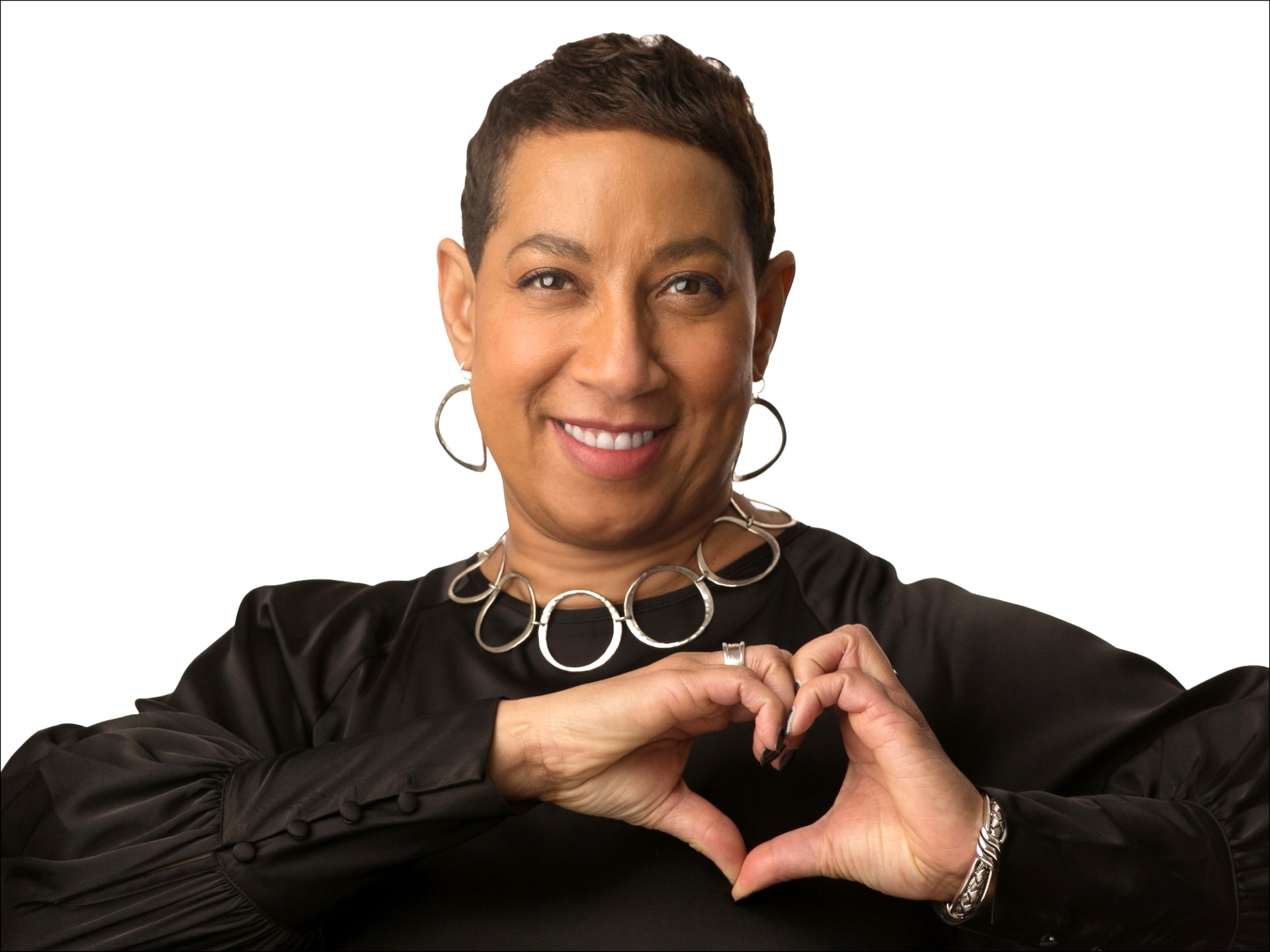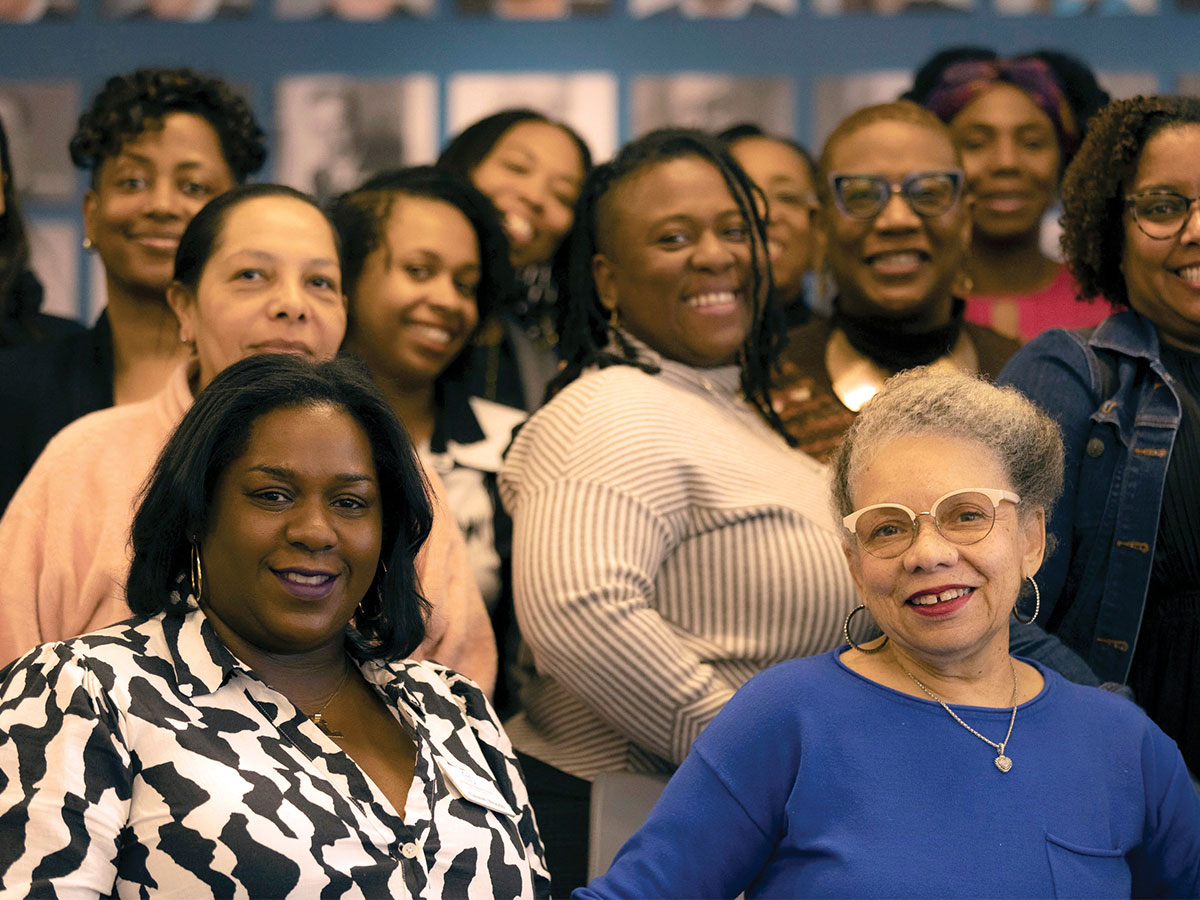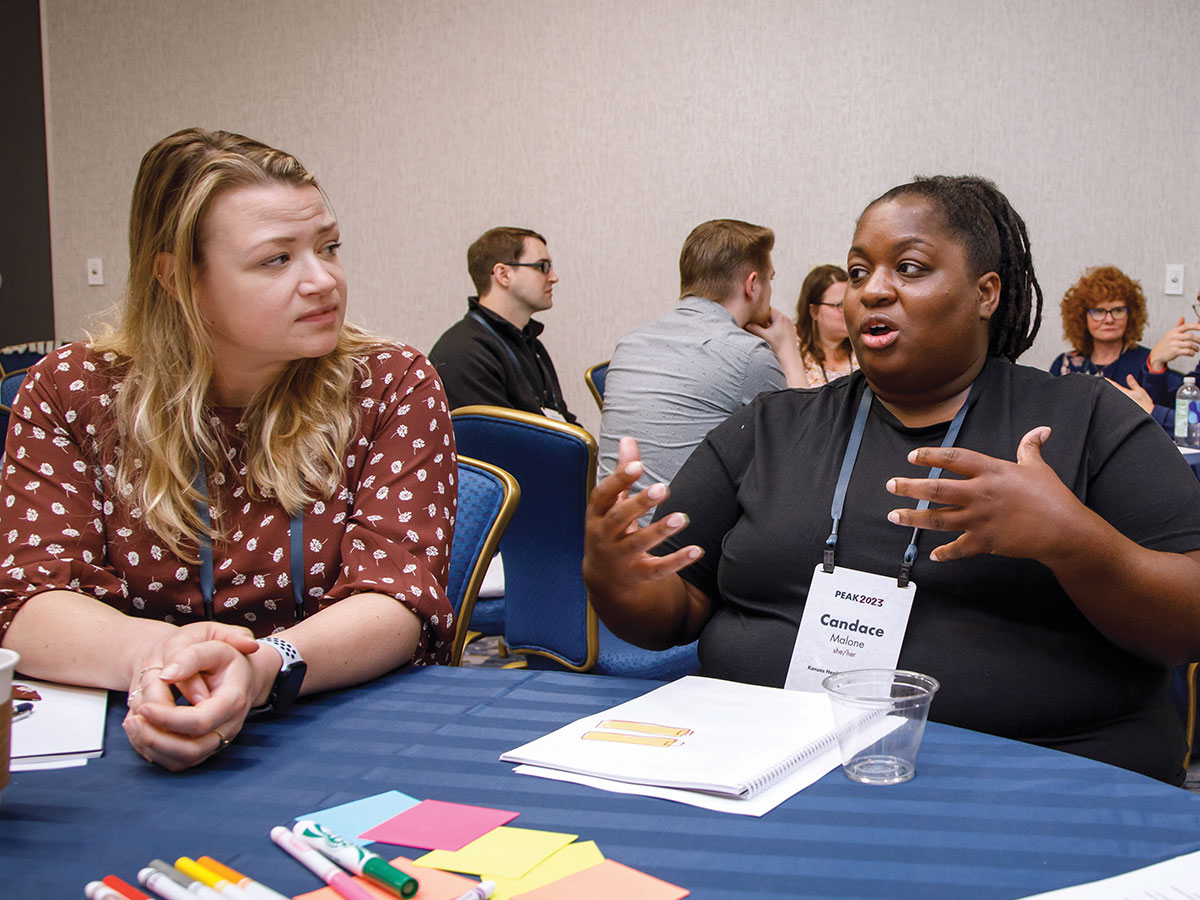Journal | Issue 15
Diversity, Equity & Inclusion
Q&A with Edgar Villanueva, Author of Decolonizing Wealth

Edgar Villanueva is Vice President of Programs and Advocacy at the Schott Foundation in New York City. His book Decolonizing Wealth was published in October 2018. Mr. Villanueva was interviewed by Brad Cameron, Guest Editor.
Decolonizing Wealth is a provocative title that evokes the commoditization of people, their land, and their resources. What does it mean in the context of your book?
Money has been and continues to be used to separate people: most fundamentally, into Haves versus Have Nots. One of the arguments I make in the book is that in order to restore balance and heal the divides in our country, we must first decolonize our minds and relationship with wealth.
The concept of colonization requires that humans thinkof themselves as separate from the rest of the natural world, which I refer to in the book as the “separation worldview”. In the separation worldview, humans are divided from and set above nature; mind is separated from and elevated above body, and some humans are considered distinct from and valued above others—Us versus Them—as opposed to seeing ourselves as part of a greater whole. It breeds a mindset of fear, scarcity, and blame.
A historical example of this is when humans first became farmers and began managing, controlling, and “owning” other forms of life—plant and animal (this horrifying word, “livestock”). In contemporary times, this manifests in our views of economics and relationships with money—the separation-based economy exploits natural resources and most of the planet’s inhabitants for the gain of a few. It considers the earth an object, separate from us, with its resources existing solely for human use, rather than an understanding of the earth as a living biosphere of which we are just one part.
The separation worldview is a divergence from the Indigenous worldview, which seeks not to own or control but to co-exist with and steward the land and non-human forms of life. Fundamentally, our worldview emphasizes connection, reciprocity, and a circular dynamic. Even though it came close to disappearing entirely as the separation worldview took hold and became dominant over several centuries, the Indigenous worldview persisted.
It’s in this context that I dissect how each worldview can or does apply to philanthropy and finance.
In Decolonizing Wealth, you argue that philanthropy has a history of neglecting to distribute resources to address the root causes that have barred individuals and communities in greatest need from creating a brighter future for themselves. In fact, it sounds like this history has produced an infrastructure of transactional giving that—at its worst—maintains mechanisms for perpetuating the status quo. What does this look like?
When you look at the basis of traditional philanthropy, it is to preserve wealth, which is fundamentally money that’s been twice stolen: once through the colonial-style exploitation of natural resources and exploited labor, and the second time, through tax evasion. Almost without exception, funders reinforce the colonial division of Us versus Them, Haves versus Have Nots, and mostly white saviors and white experts versuspoor, needy, urban, disadvantaged, marginalized, and at-risk people.
Just look at the statistics, which I also include in the book: 92 percent of foundation CEOs are White, 89 percent of foundation boards are White, and only seven to eight percent of foundation funding goes specifically to people of color.
Philanthropy is the savior mentality in institutional form, which instead of helping—its ostentatiously proclaimed intent—often further divides and destabilizes society. To sum it up: when it comes to getting or giving access to money, white men are usually in charge, and everyone else has to be at least twice as good to get half as much or less.
What are some of the Native traditions you drew from to write Decolonizing Wealth?
In the book, I make the case that money can be medicine. For most people, “medicine” is something used to treat or cure a disease, often a man-made drug, or sometimes an herb. In Native traditions, however, medicine is a way of achieving balance. Medicine people live and practice among the people; access to them is constant and unrestricted. And the practice of medicine is not just limited to the hands of medicine people: everyone is welcome to participate.
Using money as medicine in its most powerful, direct form means we use it to heal the racial wealth gap. Decolonizing Wealth is, at its essence, about closing the racial-wealth gap. Poverty is the product of public policy and theft, facilitated by white supremacy. We in philanthropy have a role in making things right.
There are a variety of Native cultures and traditions, and tribes across the Americas have worked hard and often struggled to preserve their histories, stories, and ways of life. What was your process for exploring and learning from Native cultures and traditions to write Decolonizing Wealth?
Writing this book afforded me the opportunity to spend time talking to elders in my community, my tribe, the Lumbee Tribe of North Carolina. Lumbees are the survivors of several tribes who lived along the coast of what is now North Carolina. Those ancestors were the first point of contact for the Europeans, in the late 1500s. So we have had nearly 500 years of interaction with the settlers. My people have been penetrated and exposed to whiteness for a long, long time, longer than any other North American Native community. We assimilated to survive.
I sat and talked with these elders who brought clarity to the path I was exploring. I also read books by Native authors, including Robin Wall Kimmerer, a professor at the State University of New York’s College of Environmental Science and Forestry. Kimmerer is also a member of the Citizen Potawatomi Nation, and she relates to the natural world as a Native person does, believing that plants and the rest of the natural world are our relatives, that they are sacred. Part of the book is about Kimmerer’s struggle to reconcile these two worlds.
In Decolonizing Wealth, I write about my version of this struggle, having spent the majority of my professional life—nearly 15 years at this point—working in the very white, very elite world of philanthropy. Yet at my core, the bedrock foundation of my identity is my Native identity. For me, it’s been a long journey to decolonize myself and connect more deeply with my Indigenous heritage, and I’m learning more every day.
How do you hope Decolonizing Wealth will serve as a tool to advance social justice philanthropy and “decolonize” wealth?
In the book, I offer a prescription of seven steps for healing institutions that move and control access to wealth. In order to embrace a new paradigm of connect, relate, and belong instead of divide, control, and exploit, we first have to heal. The metaphor of healing reflects my stance in the reform versus revolution debate in philanthropy. Because colonization and the accumulation of wealth have caused trauma in communities—Indigenous and people of color AND white—we must engage in a healing process.
Some will say that the colonial system of wealth consolidation based on white supremacy has caused so much damage and suffering and is so intrinsically rotten that anything related to it, including the ostensibly altruistic worlds of philanthropy or aid, cannot be fixed, trusted, or saved. I empathize with that perspective, but I believe there are parts of the system worth holding onto. The both/and stance is how Native Americans have survived colonization. Evolution occurs both by holding onto the adaptations that keep us thriving and also abandoning the elements that keep one from thriving.
I hope that we all can collectively begin a healing journey that will connect us around our common humanity because all our suffering is mutual and all of our thriving is mutual (Lakota)
You keep yourself exceptionally busy—what’s your next big project?
For now, I’m excited to be launching the book and my international book tour on October 16th! Beyond that, I intend to keep working with money and guiding people to think about it as medicine and as a tool for decolonizing and healing.


